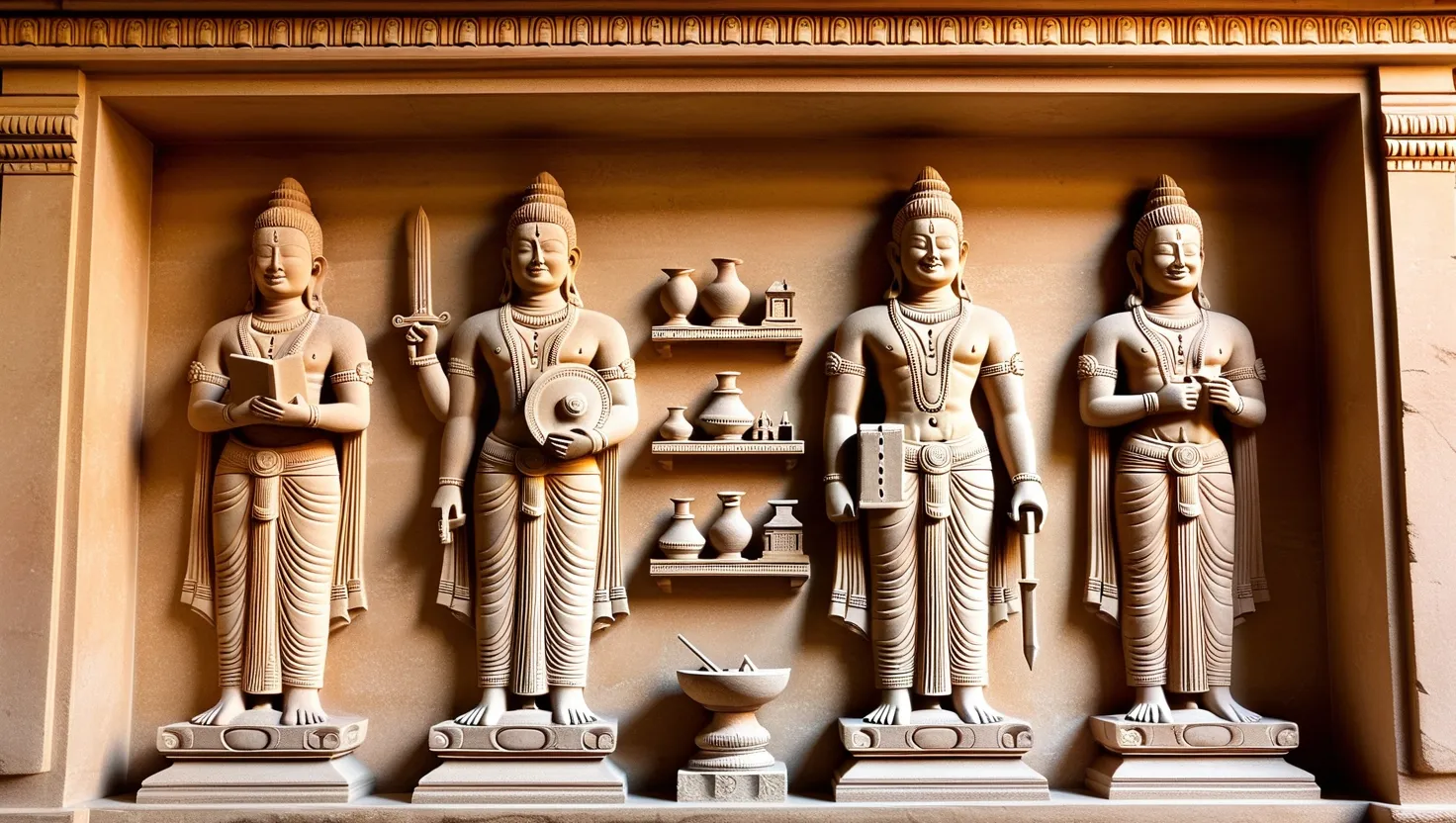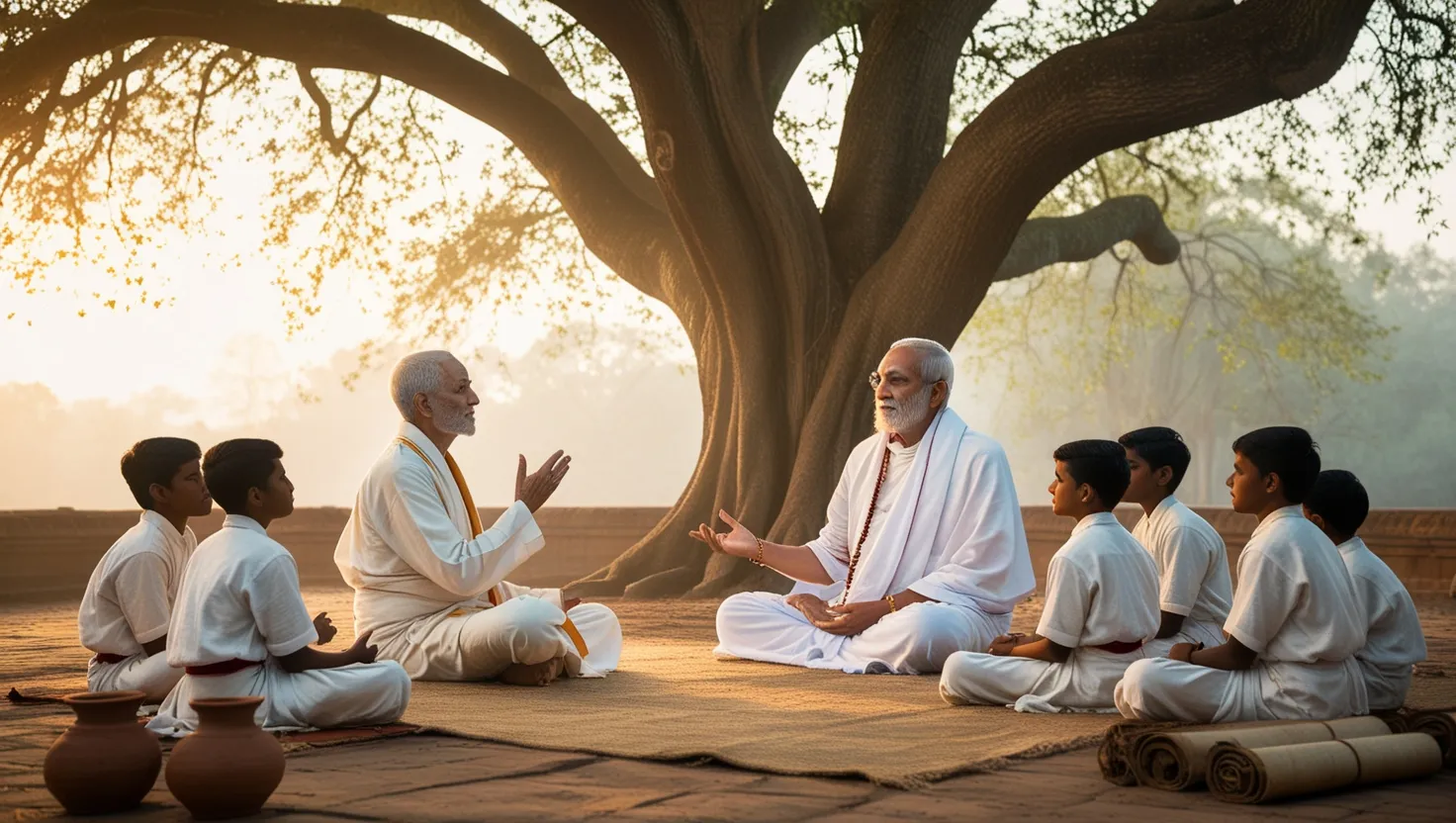Hindu architecture carries a heavy dose of impact on mental well-being, seamlessly merging spirituality with psychological health. These temples aren’t just ornate places of worship; they’re designed to promote mental peace and balance. From the detailed carvings to the harmonious design, everything seems to have a higher purpose.
Hindu architecture has come a long way. It started with simple cave shrines and over time, evolved into majestic temples. These grand structures were built to house sacred symbols of gods like Shiva, Vishnu, and Krishna. The temples are adorned with sculptures that tell their mythological stories, making one feel both awed and connected to the divine spirit.
One of the standout features of Hindu temples is their profound use of geometry and symmetry. Temples usually follow a square grid plan with precise geometry, which is believed to mirror the universe’s balance and order. That’s why just being there can make one feel more calm and stable.
The heart of a Hindu temple, the garbhagriha or womb-chamber, is a sacred, windowless room that houses the deity’s symbol. This room radiates energy throughout the temple, creating a sanctuary that is both soothing and invigorating.
But temples aren’t just about spiritual connection; they serve as community hubs, too. People gather here for rituals and to seek comfort. Walking around the temple in a clockwise direction—an act called circumambulation—is considered lucky and brings a sense of peace. Practicing darsan—gazing at the deity—helps visitors find inner tranquility.
Many Hindu temples are built near natural landscapes like rivers and mountains, which adds another layer to their serene environment. This blend of nature and architecture fosters a sense of harmony and well-being.
Spiritual practices in Hindu temples also play a big role in mental health. Texts like the Bhagavad Gita offer stress-management wisdom and guidance for inner peace. The guru-chela relationship—between teacher and disciple—promotes mindfulness and self-reflection, key markers for good mental health.
Even the old myths and religious stories shared in these temples have therapeutic value. They offer relatable wisdom, helping highlight psychological principles and conflicts, making therapy more accessible and effective.
In summary, Hindu architecture transcends mere physical form. It’s a sanctuary for the mind and spirit. The symmetry, sacred spaces, and spiritual wisdom offer a holistic approach to mental wellness that’s both ancient and timeless.






